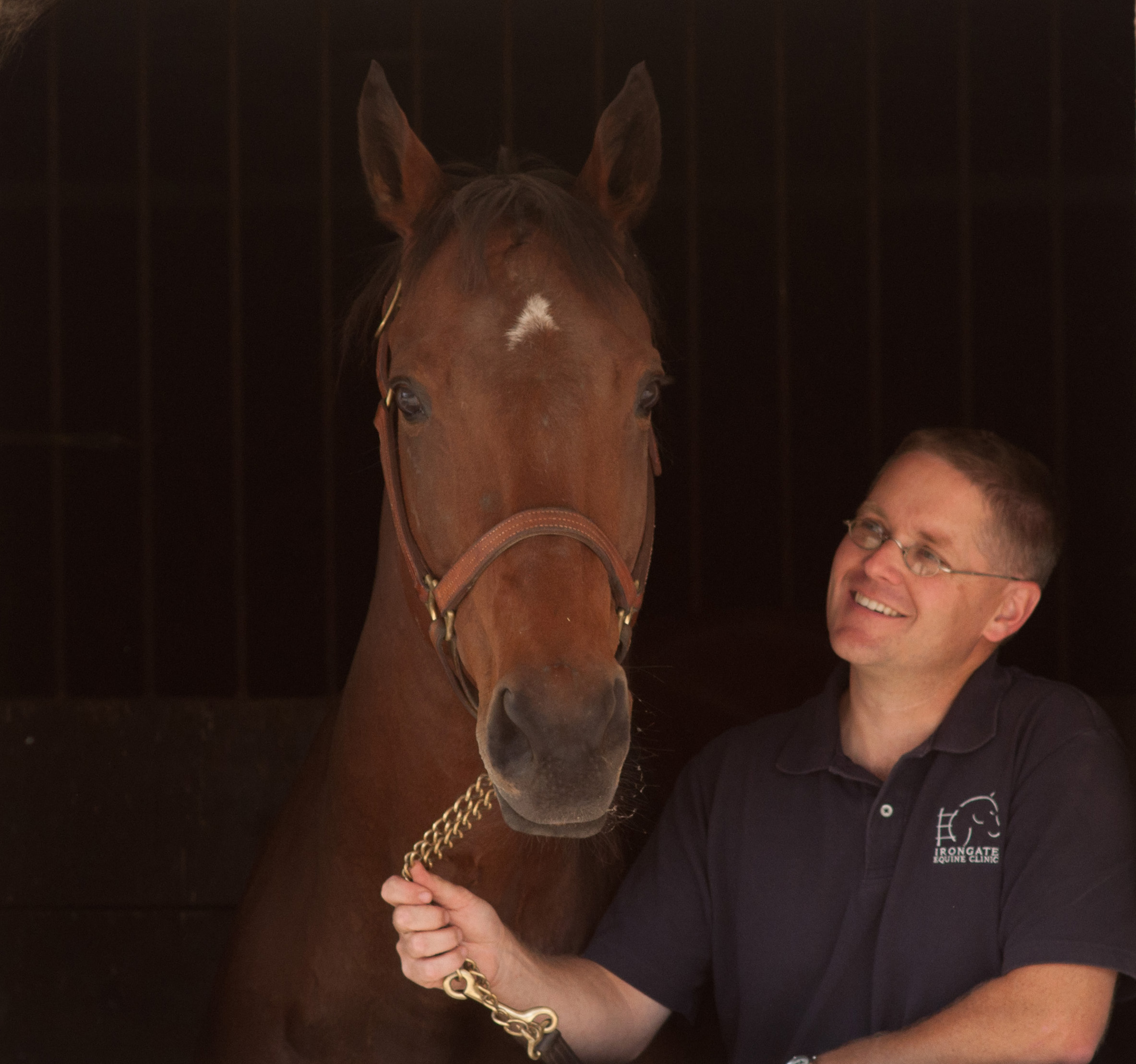Written By: Howard Ketover, DVM
Winter in the great, white North brings traffic jams, winter blankets, and unexpected weight loss (at least for our equine companions). Many of our clients are concerned about how to adapt their feeding plans for their horse in order to best equip them to get through the winter. Watch this short video to hear about the three things you need to think about. Remember that every horse is unique – you should consider your horse’s unique behaviors and propensities when thinking about his winter feed. If you’re still unsure of what to do, contact your veterinarian to discuss your horse’s needs. If you’d rather read than listen, scroll down to learn about feeding your horse in the winter.
Water – Access and Consumption in the Winter
The first thing we need to think about when discussing winter feed is water. It’s imperative that your horse have access to a readily available, tepid water source. Water consumption will decrease as the temperature of water decreases. Your horse will want water in the 45 – 65 degree F range in order to maintain the required water consumption levels.
Feeding the Horse or Feeding the Microbes?
Feeding the Microbes
Many of the diets we put together are only thinking about feeding the horse. However, the vast majority of nutrition and digestion are actually occurring through the microbes in the horse’s gut. Luckily, the microbes produce quite a bit of heat that are able to keep the horse warm through the winter time. That makes keeping your horse warm relatively simple. Increase your forages, that will feed the microbes and keep your horse warmer. Reach for the forages first on those cold days.
In addition to increasing the quantity of forage your horse is getting, asking him to eat it more slowly will help keep him warm throughout the day. Get some hay netting or a slow feeder to slow them down and keep consumption going all day long. Remember though, it’s a fine line between making the horse work a little more for that forage, and accidentally causing the horse to eat less. Observe your horse and make sure that they’re not eating less because of your slow feeder.
In addition to being concerned about your horse eating too little with a slow feeder, you need to make sure that you don’t overfeed your horse forages. We don’t want to keep adding extra forage for heat without thinking about the horse’s Body Condition Score. If your eager horse eats too much, you could end up with an obesity problem. Again, observe your horse carefully, and continue to modify his feed.
Feeding the Horse
When feeding the horse, we’re thinking about concentrates. If you need to put weight on your horse, there are many commercially available products that will help you add weight to your horse. When trying to get a high caloric density feed for your horse, rice brans, weight builders and oil are all good choices.
As you can see, adjusting your horse’s feed is always a fine line between causing them to eat too little or too much. Make sure to continue observing your horse as winter proceeds, and contact your veterinarian with any concerns.






















